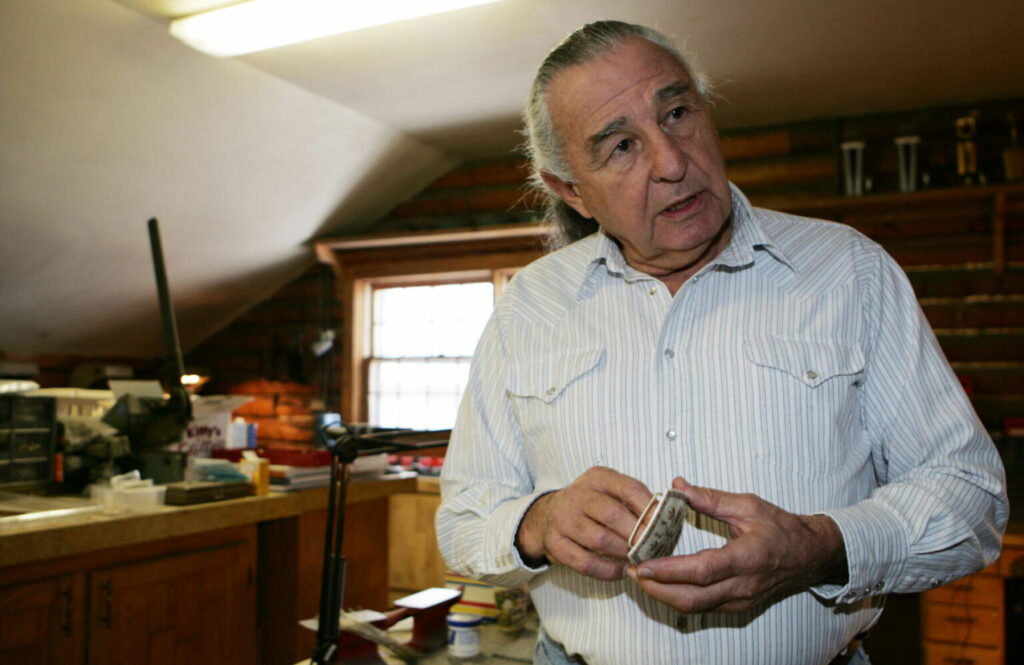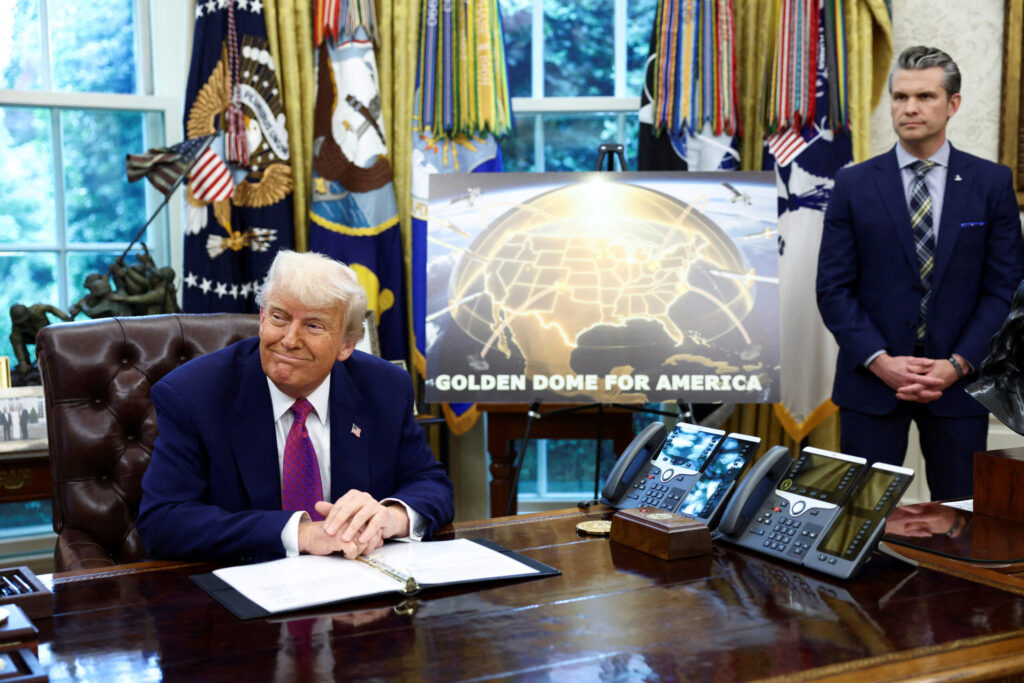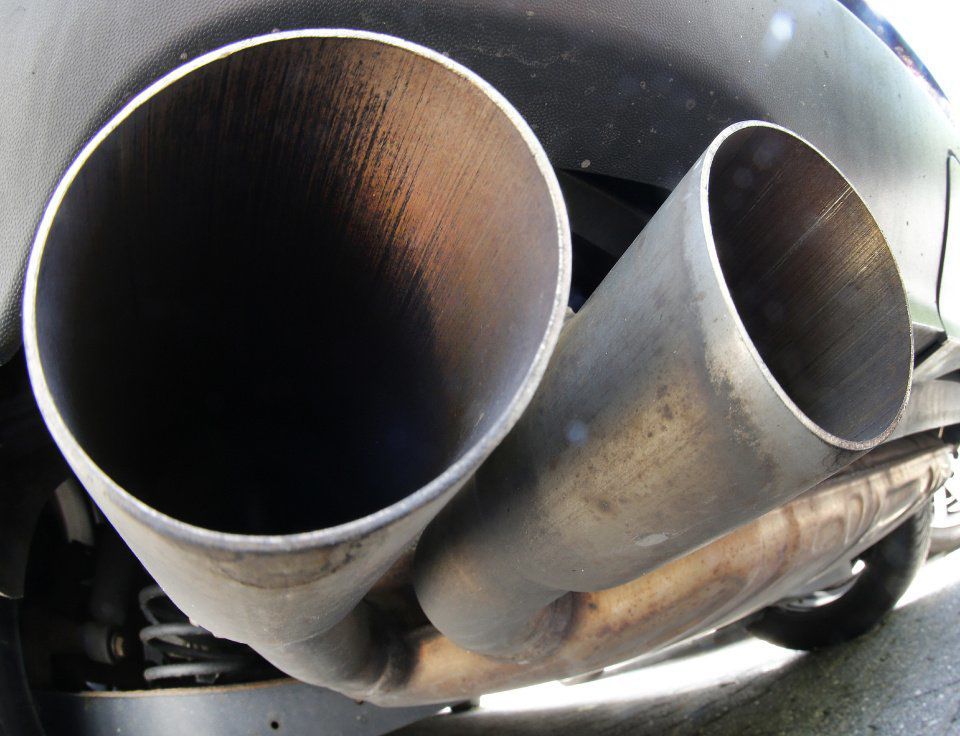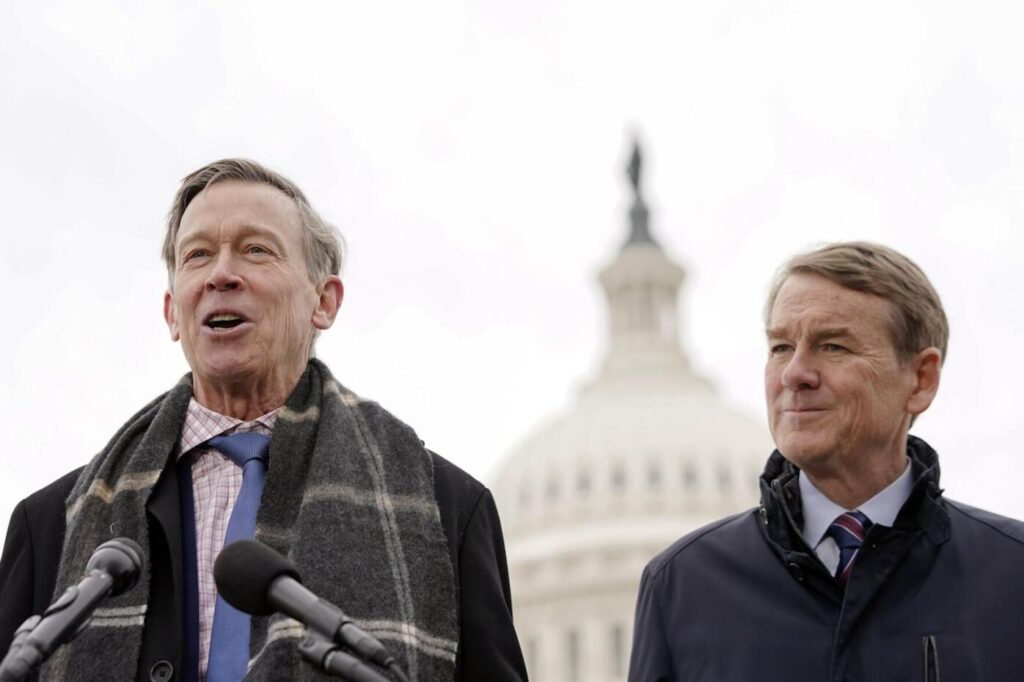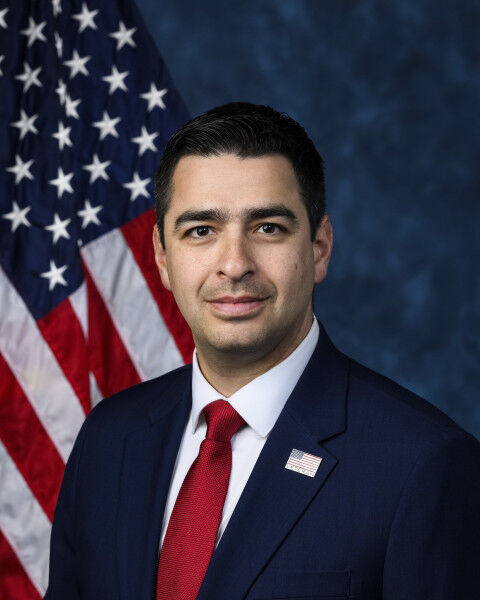Budget adds more cops, helps homeless
Denver would have close to 50 new police officers next year to help place more emphasis on patrolling the 16th Street Mall without sacrificing coverage in other areas, under Mayor Michael Hancock’s 2017 budget proposal submitted to the City Council on Monday, Sept. 12.
Homeless residents and those in need of affordable housing would also have more city revenue sent their way under the spending plan.
Denver’s total operating budget for 2017 of $1.92 billion is a 4.2 percent increase over this year’s budget. The city’s general fund will increase to $1.32 billion, with expenditures up by 4.5 percent. That includes $28.7 million of one-time spending in priority areas such as technology and capital projects. Hancock’s budget will increase the city’s full-time employee count by 277, which includes 100 new uniformed employees in the city police and sheriff’s departments. That would bring total city full-time employment to more than 11,400 people.
“I’d say some of the spending in this year’s budget is proactive, but some is reactive to the growth we’ve seen of adding about 1,000 people a month” to the city’s population, said Chief Financial Officer Brendan Hanlon.
For example, general fund spending includes $5 million for an affordable housing fund, a Hancock-backed proposal Denver City Council was scheduled to consider Monday night, along with an alternate funding proposal. Hanlon said it is part of a 10-year, $156 million plan to help produce some 6,000 affordable housing units in that time period.
Also included to help the homeless is the creation of an Office of HOPE (Housing & Opportunities for People Everywhere) for $650,000. Hanlon said it would help coordinate city policies for those who find themselves homeless and in need of other housing assistance. About two-thirds of the new funding will go to pay office staff, he added.
Hanlon noted the city also planned to open a crisis-stabilization Solutions Center for the homeless and those with behavioral health emergencies and support a new co-responder program that partners mental health professional with patrol officers to help connect the homeless with treatment and services.
“I’d say the sense of urgency you see in addressing housing issues came directly from the community,” Hancock said. “We all want a city where we can work and live, and we have the ability to keep pace with the growth we’re seeing. As leaders, it’s our responsibility to manage our resources and do it well.”
More cops to patrol 16th Street Mall, other areas
Hancock’s 2017 budget proposal, developed over the last three months, calls for spending $16 million to add 48 police officers to the Denver Police Department, including 16 focused on the 16th Street Mall and surrounding downtown streets. The police department recently assigned more officers to the mall area in response to high-profile violent acts against mall visitors. Hanlon noted the added officers will allow the department to maintain coverage in other areas of the city and avoid overtime expenses.
“Safety is our number one priority, especially in the commercial corridor and number one economic indicator in the city,” Hancock said.
“I had to read this proposal four or five times to make sure I really saw what I was seeing,” Police Chief Robert White said, tongue-in-cheek, of the funds for additional officers in his department.
The added money will also allow the hiring of more 911 staff, increase the number of body cameras off-duty officers will wear while working private security and other related activities, along with sheriff’s deputies who serve warrants. Two new police academy classes will be added to train more recruits to help fill the new positions, Hanlon said.
Growth slowing?
The city forecasts the 2017 economy to be somewhat uncertain, due to national and other factors, Hanlon said. He noted more moderate growth in 2017 could see a 3.3 percent increase in sales tax and other general fund revenue over this year’s revised estimate. That compares to a 4 percent increase in sales tax revenue in 2015 and a 12 percent jump in 2014, Hanlon said of the moderating trend in recent years.
“I think that’s a prudent stance to take as we ease our way into 2017,” he added. “If we see a further softening of the economy, we can consult our departments and come up with a plan” to address the changing revenues, including staffing.
Hanlon also said 2017 revenue will not exceed limits set in the 2012 city-voter-approved ballot measure 2A. That approval exempted the city from spending limits set in the Taxpayers Bill of Rights, but set a cap of 6 percent plus local growth. The city will continue to collect 2.848 mills of property tax revenue in 2017, Hanlon added.
City reserve funds remain at 15.2 percent of expenditures, following the city policy of retaining at least 15 percent of expenditures in reserve.
In Hancock’s budget address to city officials and residents, he noted that, over the past five years, Denver had seen the creation of nearly 60,000 jobs and the city unemployment rate had dropped to 3.4 percent.
“We have restored the fiscal health of city government, replenished our financial reserves and strengthened our bond ratings,” Hancock said.
Calling his proposal “balanced,” Hancock said other budget priorities include transportation and mobility, customer service and safety:
City Council committees will begin budget hearings later this month, with final adoption in November.


